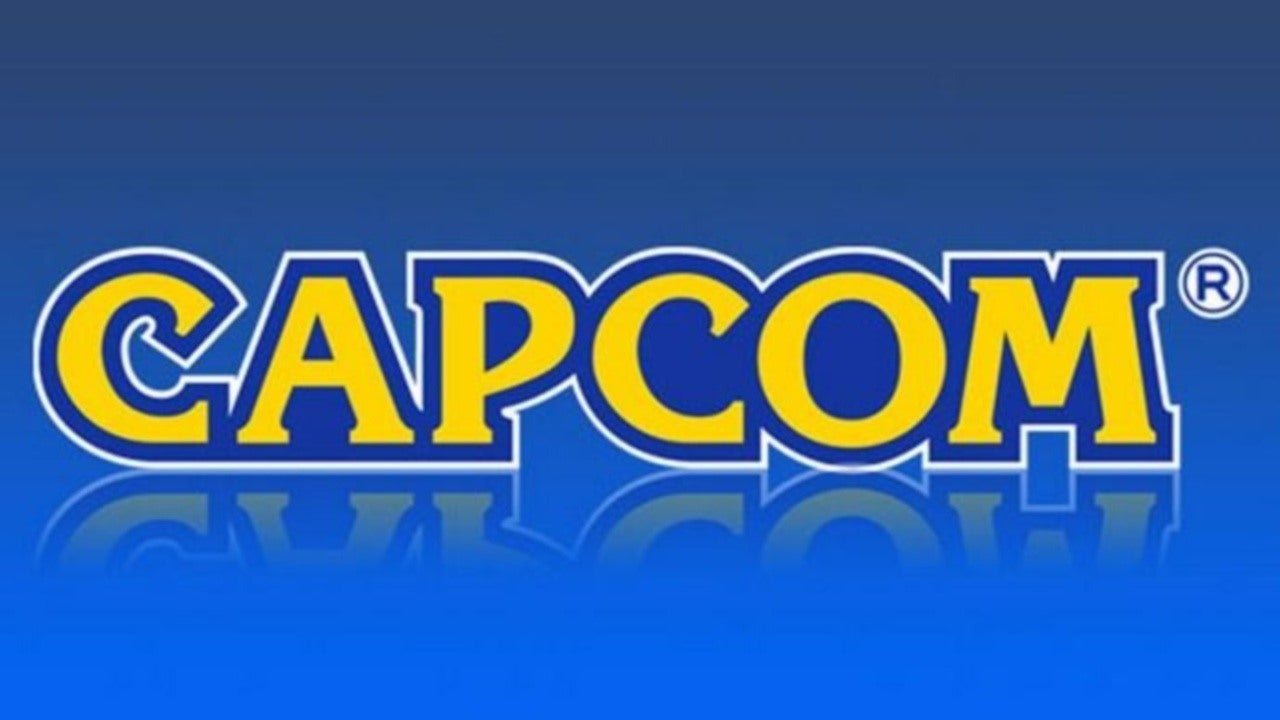Capcom, a titan in the world of video games, is a company steeped in history and innovation. Established in 1979 as “Japan Capsule Computers” by Kenzo Tsujimoto, Capcom began its journey as a manufacturer of electronic game machines. It soon transitioned into the burgeoning video game industry, quickly establishing a name synonymous with quality, creativity, and groundbreaking franchises.
The Early Days
Capcom’s initial foray into the video game market was marked by the release of its first arcade game, Vulgus, in 1984. While it wasn’t a massive hit, it laid the foundation for the company’s future success. The real breakthrough came in 1987 with the release of Street Fighter, a fighting game that would not only define the genre but also set the stage for the legendary Street Fighter II, which hit arcades in 1991. Street Fighter II was a phenomenon, popularizing the one-on-one fighting game genre and establishing Capcom as a leader in the industry.
The Rise of Iconic Franchises
Capcom’s success didn’t stop with fighting games. The late 1980s and 1990s saw the birth of several iconic franchises. Mega Man, released in 1987, introduced players to the now-iconic blue bomber, known for its challenging gameplay and memorable music. In 1989, Final Fight continued Capcom’s success in the arcade scene, becoming one of the most beloved beat ’em up games of its time.
However, it was the horror genre that saw Capcom reach new heights. In 1996, Capcom released Resident Evil (Biohazard in Japan), a survival horror game that would go on to become one of the most successful video game franchises of all time. Its blend of puzzle-solving, tense atmosphere, and limited resources created a sense of dread that defined the genre for years to come. The series has since spawned numerous sequels, remakes, and even films, solidifying its place in gaming history.
Modern Successes and Challenges
Capcom’s ability to adapt and innovate has been key to its longevity. In recent years, the company has seen a resurgence in popularity thanks to critically acclaimed titles like Monster Hunter: World (2018) and the Resident Evil 2 remake (2019). Both games were praised for their quality, depth, and ability to cater to both longtime fans and newcomers.
The company has also embraced modern gaming trends, including the rise of esports, with Street Fighter V becoming a staple in competitive gaming circuits. Additionally, Capcom has leveraged digital distribution and remakes to bring its classic games to new audiences, ensuring that its legacy lives on.
Conclusion
Capcom’s journey from a small Japanese company to a global gaming powerhouse is a testament to its dedication to quality and innovation. With a portfolio of legendary franchises, a knack for creating memorable characters, and a commitment to pushing the boundaries of what video games can achieve, Capcom remains a cornerstone of the gaming industry. Whether you’re a nostalgic gamer or a newcomer, Capcom’s rich history and bright future make it a company worth following.
For more like this read our blog on Everything You Need to Know About Electronic Arts (EA)





